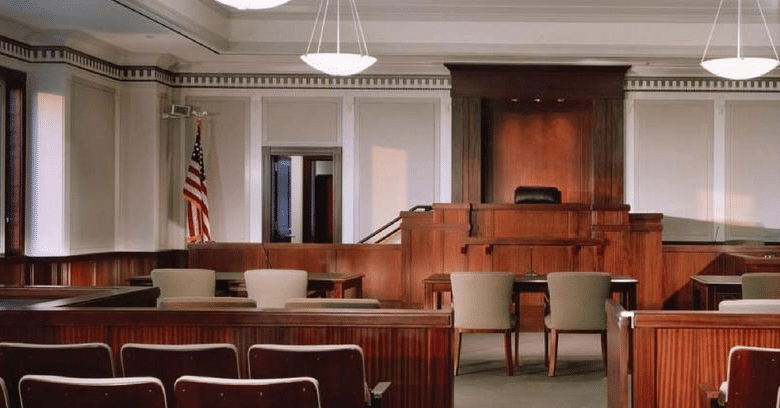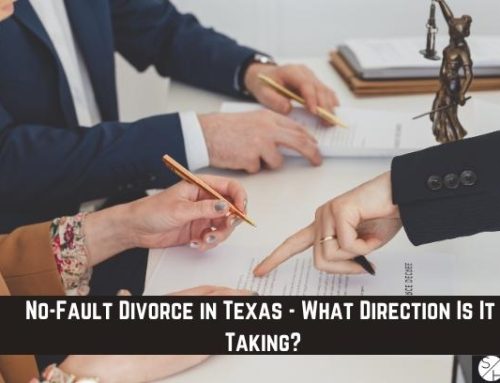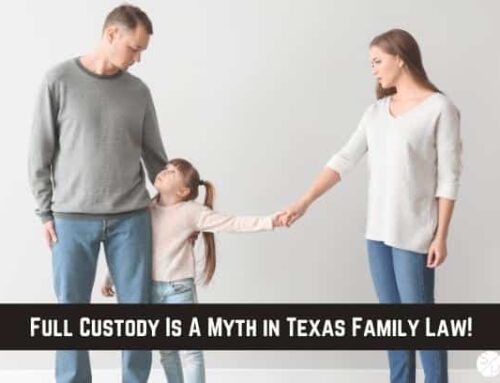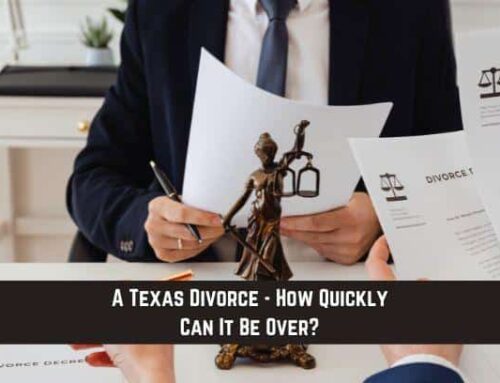When gathering evidence for a Texas divorce case to present in court, divorce attorneys advise their clients to avoid giving evidence that is called “hearsay,” as these kinds of statements are rarely admissible.
Good evidence is an essential part of any petitioning spouse's divorce case and for divorce lawyers to present evidence that is valid, it must be provable in court.
If you are divorcing, family law attorneys help their clients understand what is considered hearsay within the evidence-gathering process and how it is handled in a divorce case.
What Is Hearsay?
Hearsay is defined as statements made out of court that are bring offered to prove the truth of the statement being made.
Divorce attorneys find that hearsay tends to consist of “he said, she said” statements that a spouse may have heard from someone else who is not in the court nor has been called as a witness.
Can Hearsay Count As Evidence In Court?
Generally speaking, hearsay is inadmissible as evidence during a divorce hearing in court as the truthfulness of that statement cannot be proven and is being presented to make the opposing party look bad without there being actual proof of what was said.
If a spouse mentions something they heard a third party say and it is not proven evidence, the challenging divorce lawyer will state an objection to this hearsay and the court will typically agree.
Even affidavits signed under oath can be considered hearsay, which makes them questionable evidence at best.
Yet there are certain times when hearsay may be admitted as evidence.
Family law attorneys do have the ability to object to hearsay laws stating it is inadmissible or request exclusion to the hearsay rule if the detail is important enough to the case.
What Hearsay May Still Be Admissible In Court?
If you are in court and a divorce attorney objects to something you have said and calls it hearsay, you will have an opportunity to respond and explain why it should be admitted as evidence.
Given the possibility of certain statements being viewed as hearsay, this may be something previously discussed with your divorce lawyer, who will offer suggestions on how to proceed to get such evidence admitted.
Family law attorneys do recognize that some statements of “hearsay” may be admissible in the Texas divorce court, so it is important to understand how the hearsay rule is actually applied.
Statements that fall under the hearsay rule as being admissible include business records, public records, certificates of marriage, baptism, and other official ceremonies, present sense impressions describing a person’s perception of a situation, utterances of excitement made during a conversation, a recorded recollection of an event if the recording was made while it was fresh in the witnesses mind, former testimony, and statements made against interest if found to be reasonable and likely true.
Is That Hearsay Admissible Evidence In Your Divorce Hearing?
Because every divorce is different, divorce attorneys find that there is no definitive answer as to what statements of hearsay might be admissible as evidence during a divorce hearing.
Some information might be easily struck from the record after an objection by the opposing divorce lawyer while other information could be considered as an exception to the hearsay rule.
If you are getting a divorce, it is essential to choose an experienced family law attorney who can offer advice on the laws pertaining to hearsay and how it might be admissible in court.
As always, the goal in any divorce hearing is to let the truth be heard so each spouse receives fair consideration based on those truths, even if it involves challenging the hearsay rule.
Schreier & Housewirth Family Law
1800 West Bowie Street, Suite 200-E
Fort Worth TX 76110
817-923-9999
Gregory L. Housewirth is a Board-Certified Family Law Specialist practicing in Fort Worth Texas. With 30 years of family law experience, Mr. Housewirth has represented hundreds of clients in divorce, custody, CPS, modification, and grandparent cases. In addition, Mr. Housewirth is a qualified family law mediator and a member of Collaborative Law Texas, a practice group dedicated to promoting collaborative divorce in Texas.






